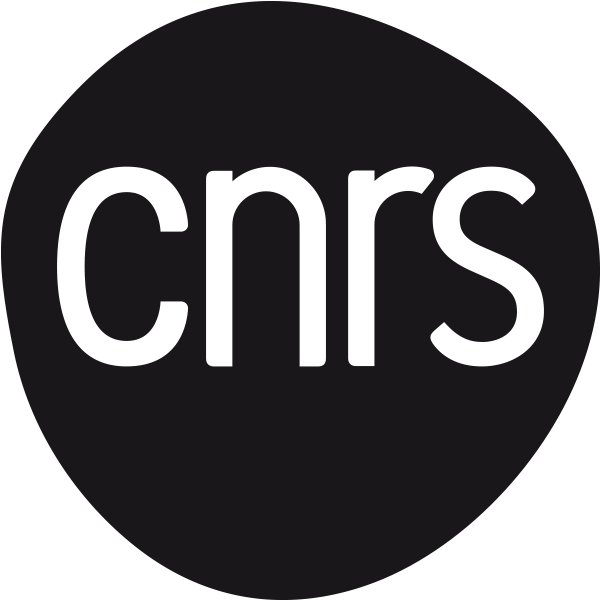The idea that books heal is now very popular in the West, where "bibliotherapy" workshops are everywhere, as is the production of books for the purpose of improving the psychological or physiological health of readers. This dynamic marks a turning point in the conception of the role played by literature since 1950: after years under the sign of the reflexivity of the text and of its closure on itself, in literary works as well as in critical approaches, these new practices restore to literature not only an aesthetic dimension, but also an existential one. However, this new notion in the West echoes a centuries-old extra-European tradition: indeed, if the very word "bibliotherapy" is a Western creation, we find among its great ancestors the Indian Pañchatantra and the Tales of the Arabian Nights, which, like contemporary bibliotherapy, assert in different ways what the powers of storytelling can be. In the mirror of these oriental and far-eastern models, we see the reappearance of the two tendencies that define contemporary bibliotherapy in the West, which claims an action sometimes on the intellectual and moral sphere, sometimes on the most concrete physiological mechanisms. They look doubly at the ethical role played by literature, both as a model of behavior and as a guide to judgment and decision. As a source, an influence, or an alternative model of healing, these otherworldly bibliotherapies deserve to be examined.
Dowload the detailed program here
Information : Victoire Feuillebois
This symposium is part of LETHICA's 2021 program, but it is fully funded by the IdEx research grant obtained by V. Feuillebois in 2019.


![[Translate to English:] [Translate to English:]](/websites/_processed_/b/5/csm_Bibliotherapies_definitif_01_8821131d28.png)